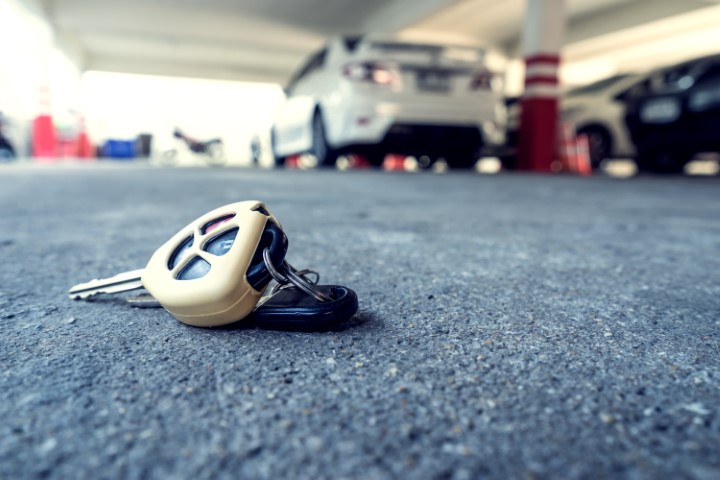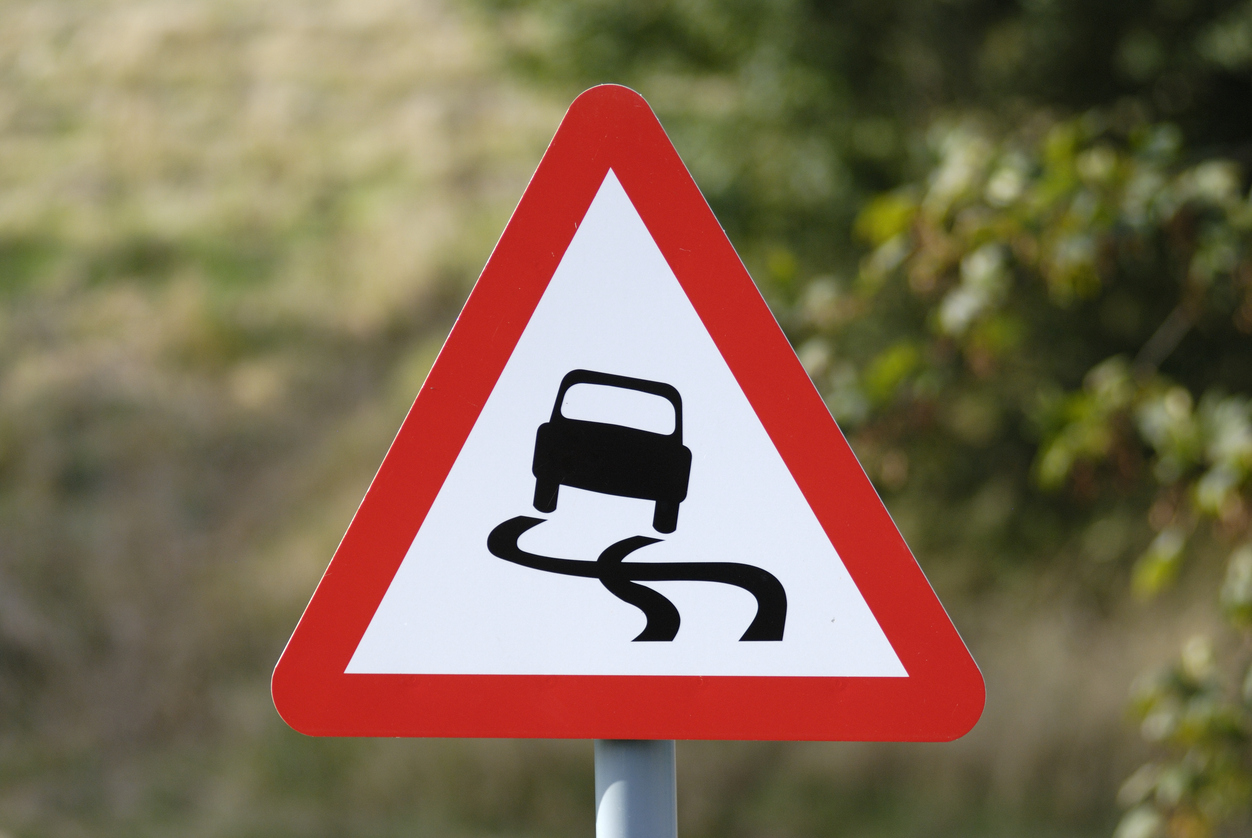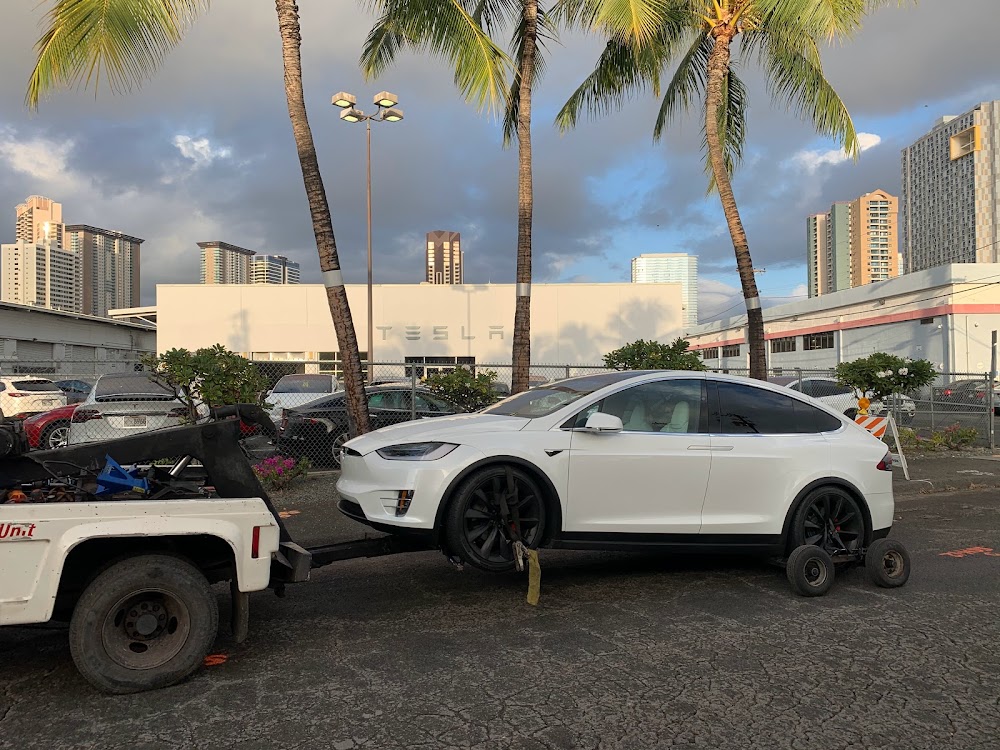In a world driven by technology, security, and speed, there’s a quiet profession operating behind the scenes – one that most people don’t think about until they desperately need it. They don’t wear capes or carry stethoscopes, but they hold the keys – literally – to solving some of the most stressful everyday emergencies.
We’re talking about auto locksmiths: the specialists who unlock doors, cut keys, program fobs, and navigate the digital labyrinth that is the modern vehicle security system.
But what does it really mean to be an auto locksmith today? Is it all just broken keys and emergency callouts—or is there something deeper behind the trade?
Let’s take a look inside one of the most underappreciated, technically complex, and increasingly vital professions in the UK’s automotive ecosystem.
From Wrenches to Wireless: How the Role Has Evolved
It wasn’t long ago that being a locksmith meant dealing almost exclusively with physical mechanisms – tumblers, levers, and keys with teeth. The skill was mechanical, passed down through apprenticeships, and required a good eye, steady hands, and the patience of a watchmaker.
But cars changed.
As manufacturers introduced electronic immobilisers, keyless entry, smart keys, and rolling codes, the auto locksmith had to evolve. Today’s practitioner needs to be part technician, part coder, part mechanic, and part detective.
The job now straddles a strange line: half traditional trade, half high-tech industry. And it’s getting more complex by the year.
What Exactly Does an Auto Locksmith Do?
An auto locksmith is a professional trained to work with car locks and keys, covering a wide range of services including:
- Unlocking vehicles when the owner is locked out.
- Cutting and duplicating car keys, including high-security laser-cut keys.
- Programming transponder keys and key fobs to work with a specific vehicle.
- Diagnosing and repairing car ignition systems.
- Reprogramming immobilisers and vehicle security systems.
- Disabling lost or stolen keys to prevent unauthorised access.
But the job isn’t just about tools. It’s about problem-solving under pressure – often on the side of the road, in the rain, at 2 a.m., when someone’s running late to the airport.
Training for Complexity
There’s no single route into the profession. Some locksmiths come from engineering or mechanical backgrounds, while others are trained from scratch through private courses and on-the-job learning.
But make no mistake: this is no hobbyist gig. Modern auto locksmithing requires:
- Advanced knowledge of electronics and diagnostics
- Familiarity with vehicle security architecture for dozens of makes and models
- Understanding of key programming protocols
- Mastery of specialised software and equipment
In fact, many locksmiths invest tens of thousands of pounds into their tools – diagnostic tablets, key-cutting machines, EEPROM readers, reflashing kits, and high-frequency analysers. The gear is as advanced as what you’d find in a dealership service centre.
And because car manufacturers change systems frequently to stay ahead of thieves, learning is constant. The job demands curiosity, adaptability, and often, trial-and-error.
The Daily Grind: What Life Looks Like on the Road
No two days are ever the same. An auto locksmith might begin their day unlocking a family’s Ford Galaxy outside a school, spend the afternoon reprogramming lost keys for a 2021 Mercedes in an office car park, and finish their shift diagnosing a faulty ignition barrel on a decade-old Vauxhall.
The work is mobile. That’s part of the appeal – and the challenge. Auto locksmiths often operate from fully-equipped vans, essentially mobile workshops. They need to carry tools for both cutting and coding, and they need to be ready for:
- City centre traffic and parking restrictions
- Remote countryside jobs with no signal
- Nervous, stressed-out customers
- Vehicles with dead batteries or broken ECUs
And they’re frequently called out in bad weather, outside working hours, or in high-pressure scenarios.
This is not a 9-to-5 job
The Emotional Side of the Job
What often goes unspoken is the emotional weight that comes with being the one who “saves the day.”
Auto locksmiths encounter people in distress: families locked out with children in the car, elderly people stranded far from home, professionals facing missed flights or job interviews. There’s a human element to the job that’s as important as the technical one.
A good locksmith doesn’t just fix the problem – they restore someone’s sense of control, safety, and dignity. And that’s not a small thing.
Security, Ethics, and Responsibility
Auto locksmiths operate in a high-trust environment. They work on vehicles worth tens of thousands of pounds, and they hold the tools that could – in the wrong hands – be misused.
That’s why in the UK, legitimate locksmiths require proof of ownership before working on a vehicle. Many also maintain affiliations with recognised bodies, such as the Master Locksmiths Association (MLA) or regional certification schemes.
Reputable practitioners adhere to strict ethical standards. They turn down suspicious jobs. They document their work. And they invest in secure storage and encryption for sensitive vehicle data.
The profession walks a tightrope between access and security – and the best locksmiths never forget that.
Why Auto Locksmiths Are More Essential Than Ever
In the age of digital everything, we often forget how reliant we are on physical access. Apps, passwords, and biometrics might run our phones – but when your car won’t unlock, it’s still a human being with real-world skills who shows up.
Auto locksmiths sit at the intersection of mobility, security, and emergency response. They keep people moving. They bridge the gap between the high-tech systems of modern cars and the real-world chaos of lost keys, dead fobs, and broken ignitions.
As key technology becomes more sophisticated – and more fragile – the role of the locksmith only grows in importance.
The Future of the Trade
Looking ahead, the profession is poised to evolve even further. Trends include:
- Increased specialisation (e.g., EV-only locksmiths)
- Greater use of remote diagnostics and over-the-air programming
- More interaction with vehicle cybersecurity
- Expansion into fleet services, where businesses rely on fast, on-site solutions
But the core will remain the same: people helping people, one lock at a time.
A Job That Opens More Than Just Doors
Being an auto locksmith in the 21st century means more than knowing how to cut a key. It means being a technician, a troubleshooter, a listener, and sometimes even a therapist.
It’s a profession built on trust, skill, and adaptability – quietly essential, and deeply human at its core.
So next time you hear the quiet click of a car unlocking, remember: behind that sound is a craft, a calling, and a community of professionals keeping the world in motion, one key at a time.











